Tips On How To Grow Pineapple Sage
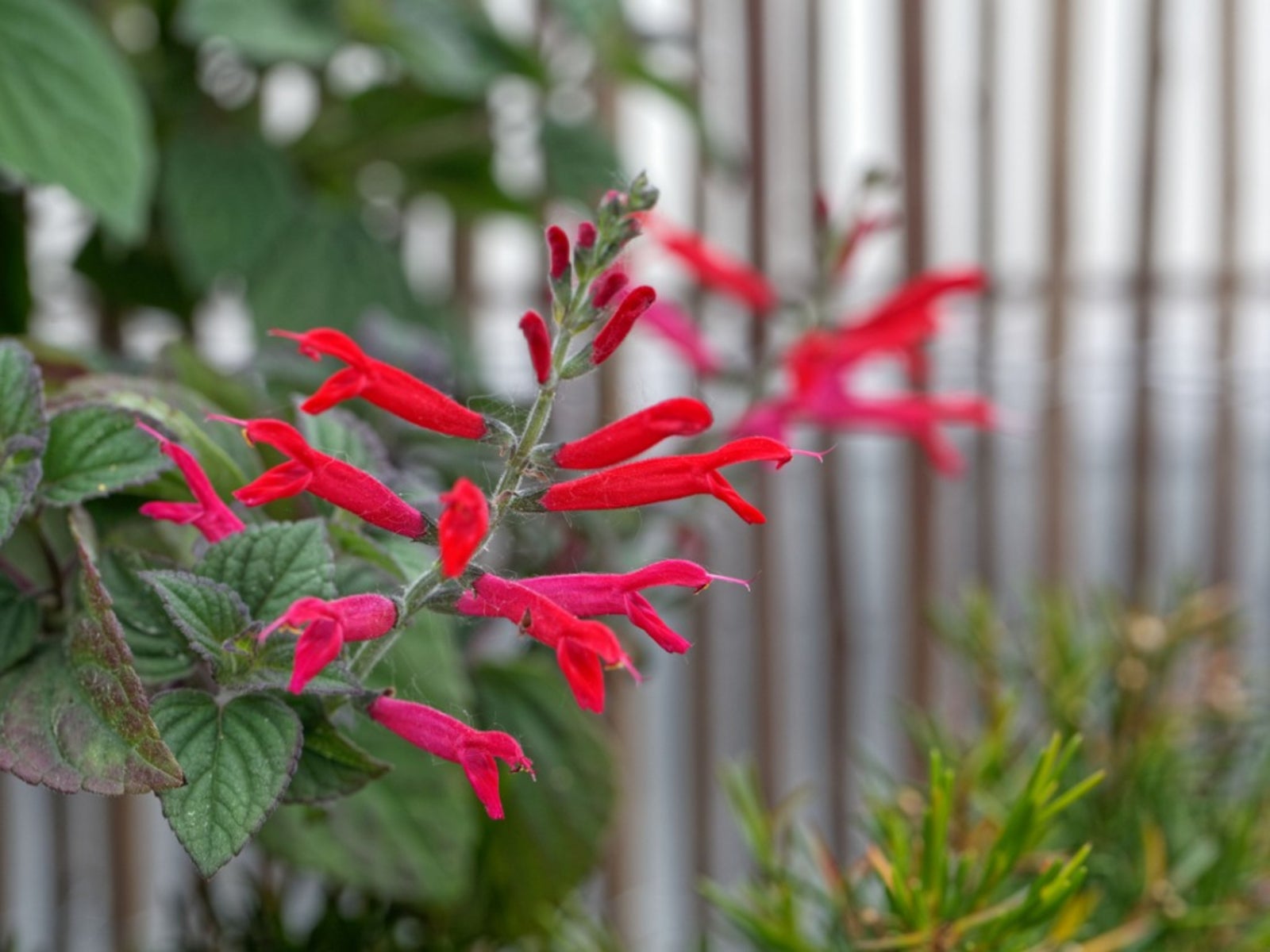

The pineapple sage plant is found in gardens to attract hummingbirds and butterflies. Salvia elegans is a perennial in USDA zones 8 through 11 and is often used as an annual in other places. The crushed plant leaves smell like pineapple, hence comes the common name of the pineapple sage plant. The easy care of pineapple sage is one more reason to have it in the garden.
Is Pineapple Sage Edible?
The fragrance may lead one to wonder is pineapple sage edible? Indeed it is. Leaves of the pineapple sage plant may be steeped for teas and the minty-tasting blossoms can be used as an attractive garnish for salads and deserts. Leaves are best used fresh. Pineapple sage flowers may also be used in jelly and jam concoctions, potpourri, and other uses limited only by the imagination. Pineapple sage has long been used as a medicinal herb with antibacterial and antioxidant properties.
How to Grow Pineapple Sage
Pineapple sage prefers a sunny location with well-draining soil that is consistently moist, although established plants will tolerate drought conditions. Pineapple sage is a semi-woody sub shrub that can get as tall as 4 feet (1 m.) with red flowers that bloom in late summer to early fall. Pineapple sage grows rapidly in a location with morning sun and afternoon shade. Those in more northern zones may plant in a protected location, mulch in winter, and experience perennial performance from the pineapple sage plant. The tubular shaped flowers of the pineapple sage plant are a favorite of hummingbirds, butterflies, and bees. Include these in the butterfly garden or herb garden or plant in other areas where fragrance is desired. Combine this plant in groupings with other sages for a plethora of flying friends in the garden.
Gardening tips, videos, info and more delivered right to your inbox!
Sign up for the Gardening Know How newsletter today and receive a free copy of our e-book "How to Grow Delicious Tomatoes".

Becca Badgett was a regular contributor to Gardening Know How for ten years. Co-author of the book How to Grow an EMERGENCY Garden, Becca specializes in succulent and cactus gardening.
-
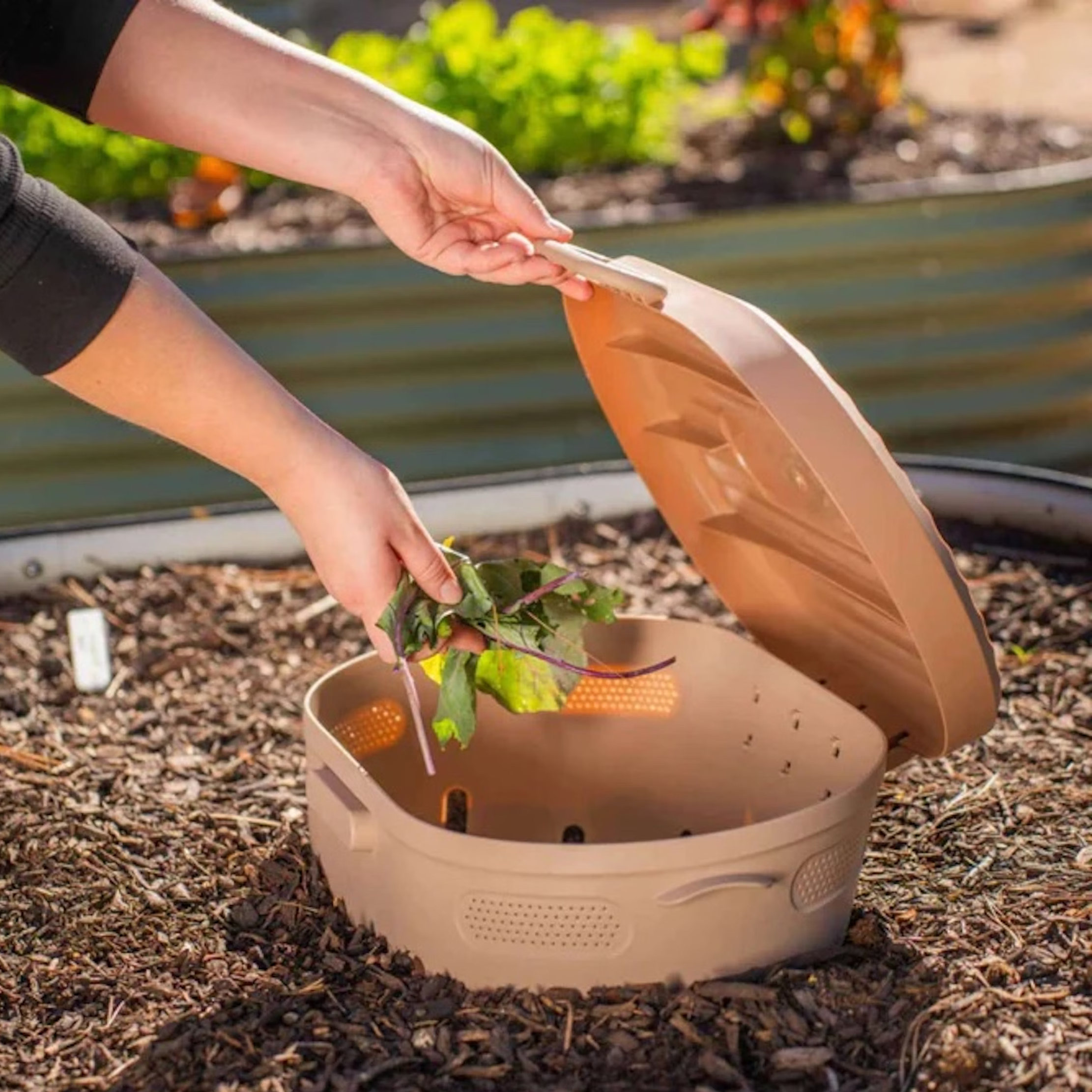 Try The Trend – Turn Any Bed Into A Keyhole Garden With This Clever In-Ground Composter
Try The Trend – Turn Any Bed Into A Keyhole Garden With This Clever In-Ground ComposterKeyhole gardening is an efficient and sustainable practice that saves space. Get started on this DIY project quickly and easily with an in-ground composter.
By Bonnie L. Grant
-
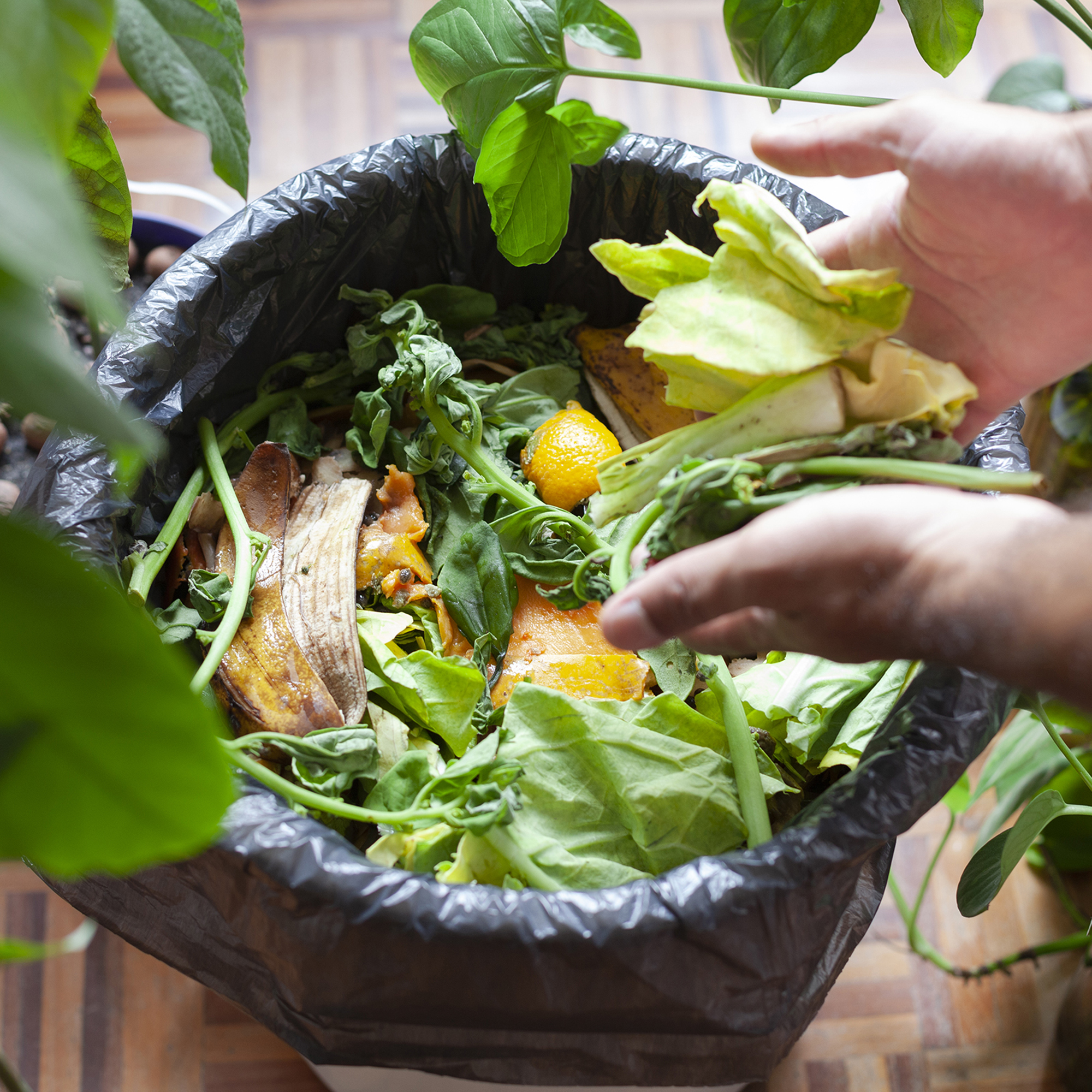 4 Superfast Composting Methods: Turn Waste Into Garden Gold In 30 Days Or Less
4 Superfast Composting Methods: Turn Waste Into Garden Gold In 30 Days Or LessTry the fastest composting methods to turbocharge your pile and transform kitchen scraps and garden waste into finished compost in just a few weeks.
By Mary Ellen Ellis
-
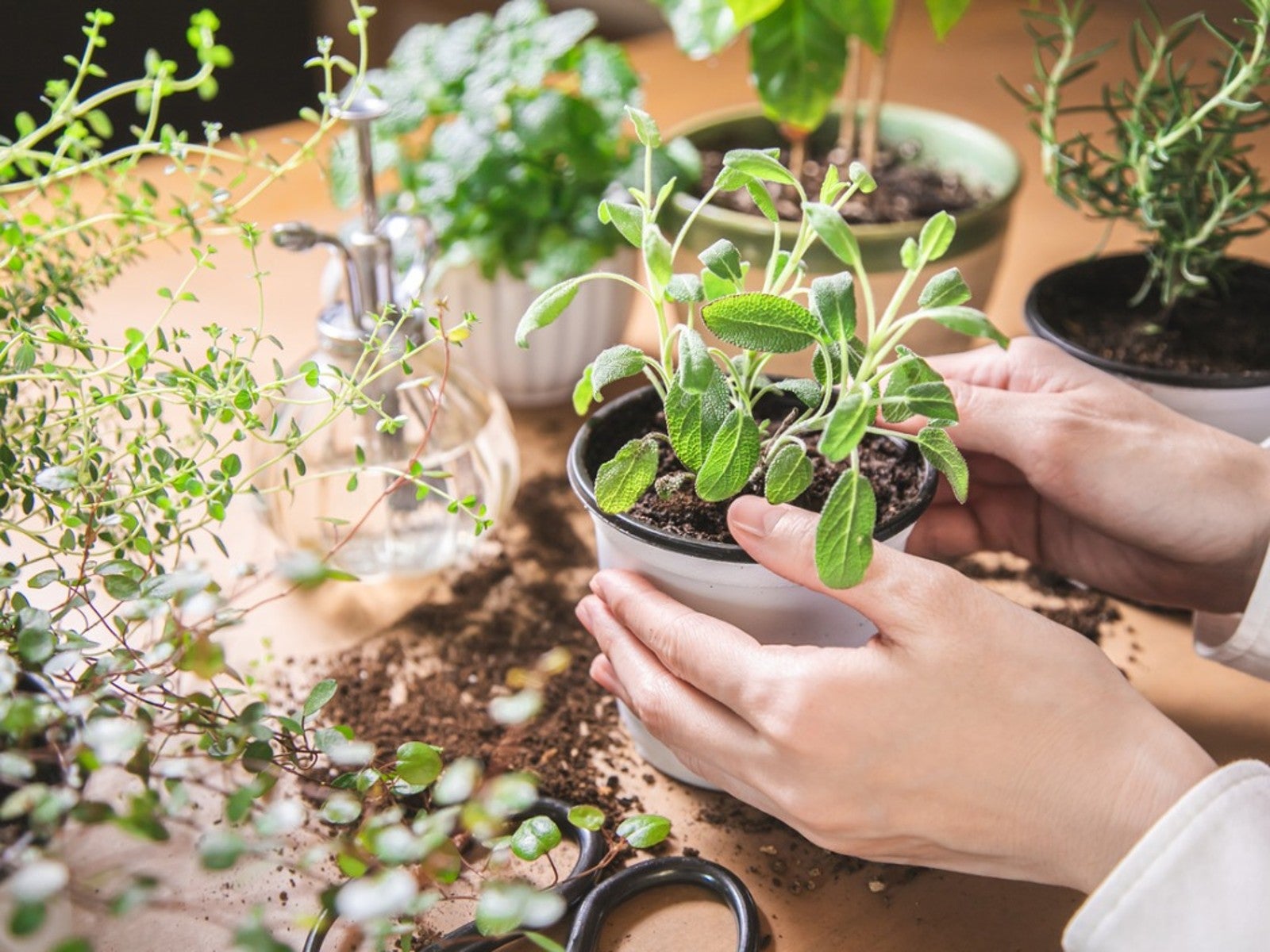 Propagating Sage: How To Grow Sage From Cuttings And Seed
Propagating Sage: How To Grow Sage From Cuttings And SeedOne of the best ways to acquire new plants is by propagating sage from existing ones. Read on to learn how.
By Laura Miller
-
 Picking Sage Herbs – When Should I Harvest Sage Herbs
Picking Sage Herbs – When Should I Harvest Sage HerbsSage is a versatile herb that is easy to grow in most gardens. It looks nice in beds but you can also harvest leaves to use dried, fresh or frozen. If growing to use in the kitchen, know when to pick sage and how to harvest it for the best results. This article will help with that.
By Mary Ellen Ellis
-
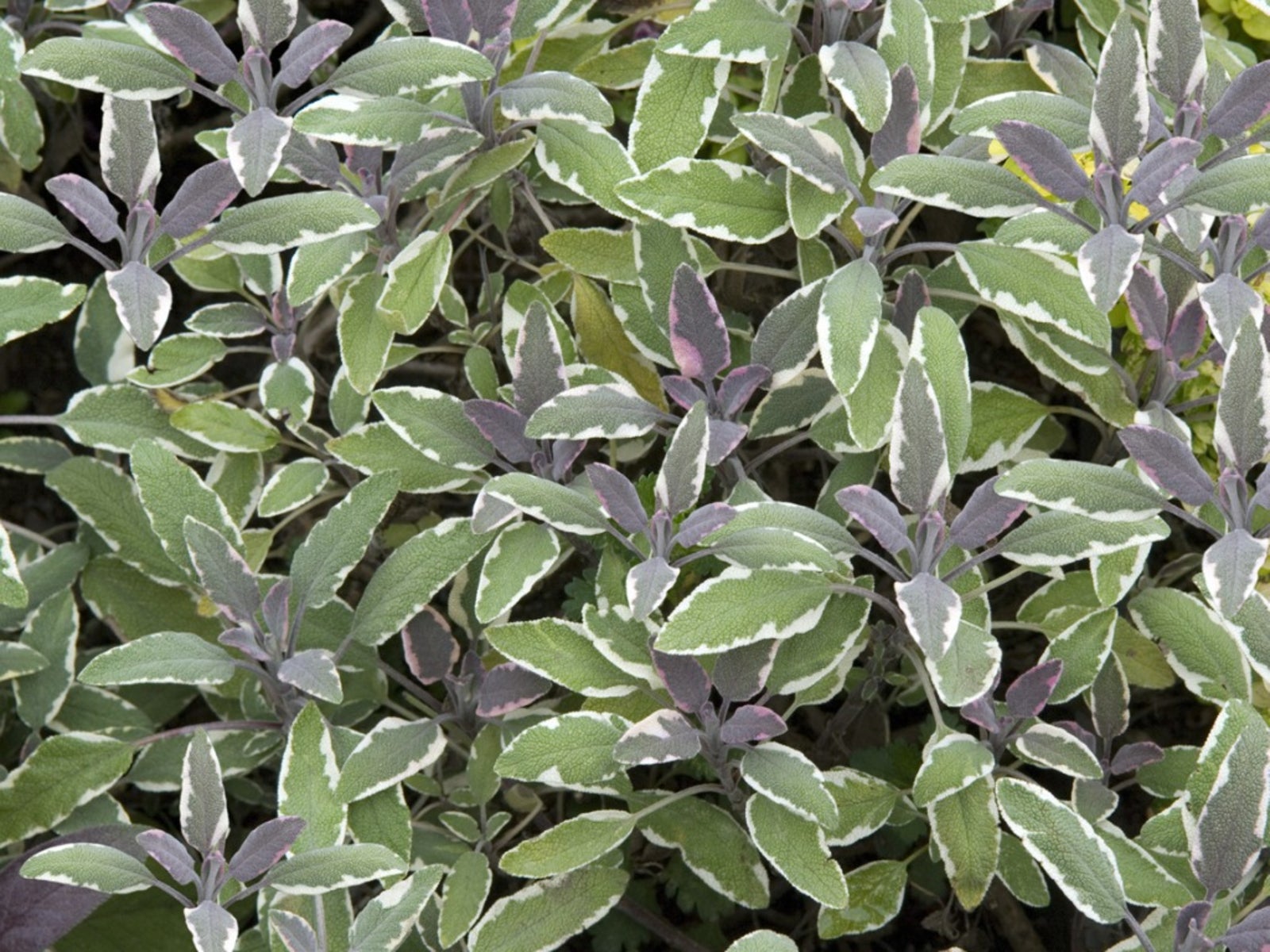 Tricolor Sage Herb – Tips On Growing Tricolor Sage Plants
Tricolor Sage Herb – Tips On Growing Tricolor Sage PlantsMany gardeners simply stick to green sage, but an interesting alternative that's gaining some real traction is tricolor sage. Tricolor sage plants do double duty as a culinary herb and as an ornamental. Learn more about growing tricolor sage in this article.
By Liz Baessler
-
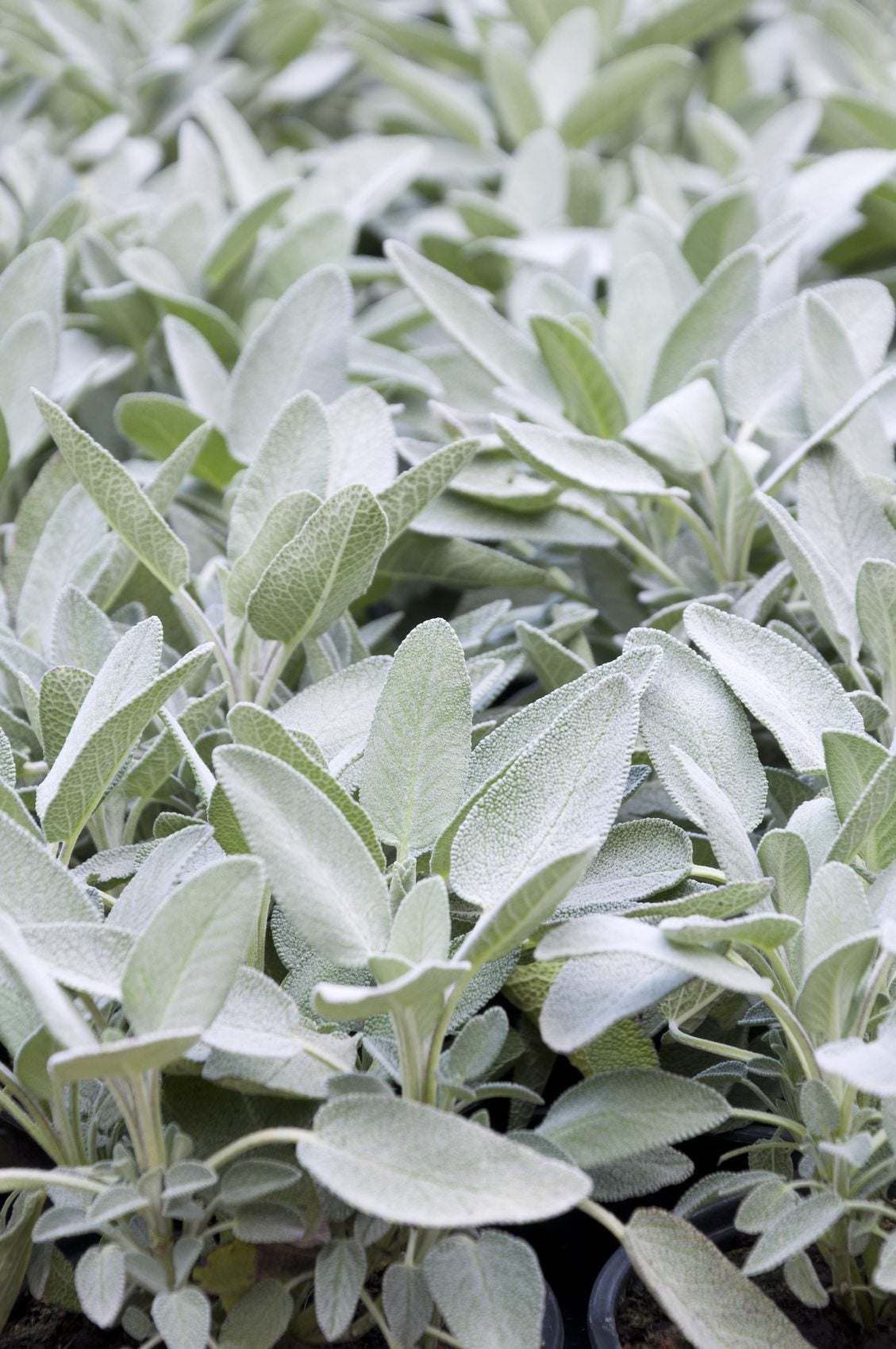 Sage Plants For Gardens: Learn About Different Types Of Sage
Sage Plants For Gardens: Learn About Different Types Of SageThere are many different types of sage. Some are culinary, some have medicinal properties and some are grown purely for ornamental purposes. All of these sage plants work well for gardens. Find out about sage plant varieties and their uses in this article.
By Amy Grant
-
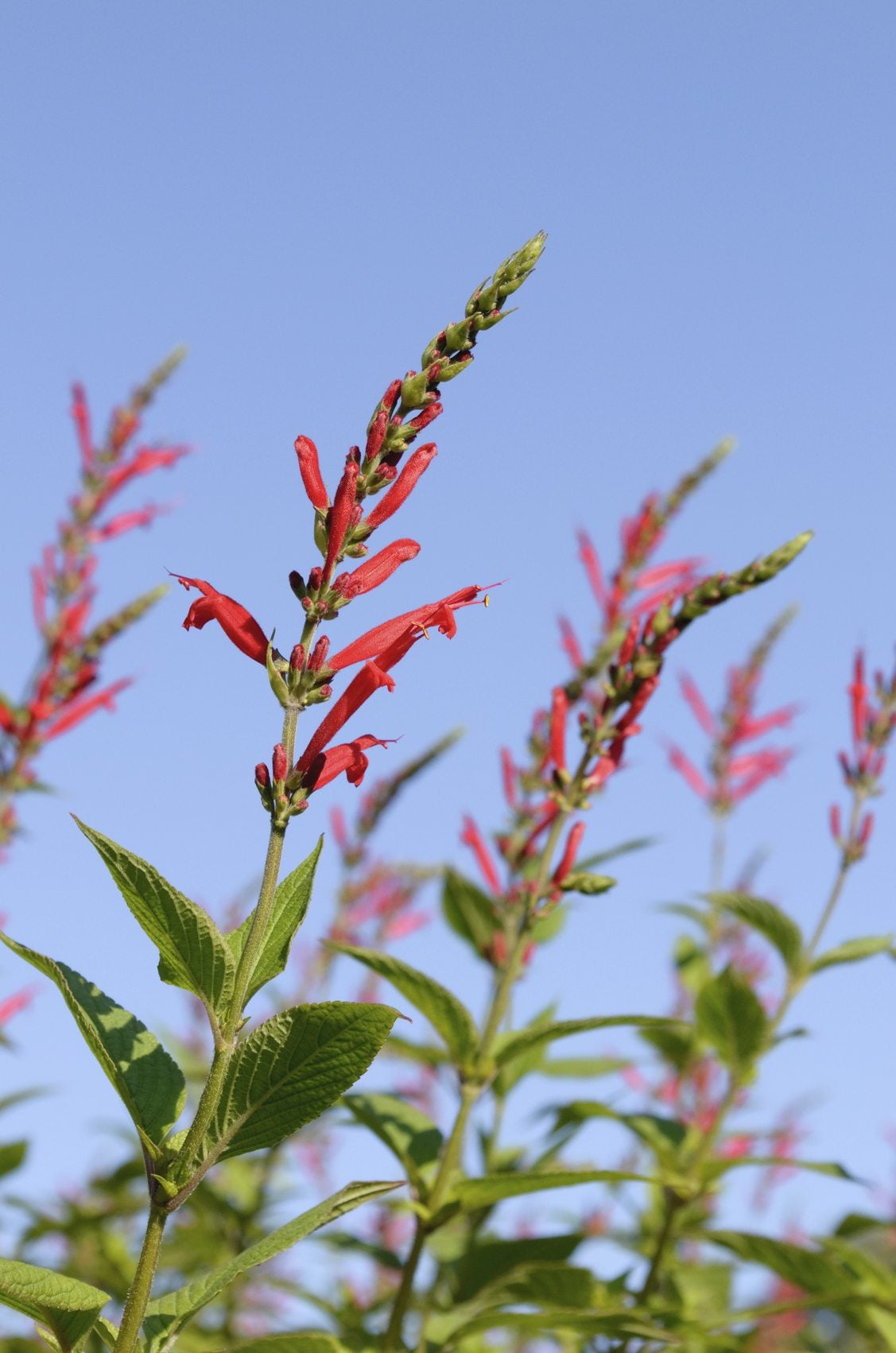 Tangerine Sage Plant Info: How To Grow Tangerine Sage Plants
Tangerine Sage Plant Info: How To Grow Tangerine Sage PlantsHighly ornamental and relatively speedy, growing tangerine sage couldn't be easier, as long as you meet the plant's basic growing conditions. Click this article to find out how to grow tangerine sage plants in the garden.
By Mary H. Dyer
-
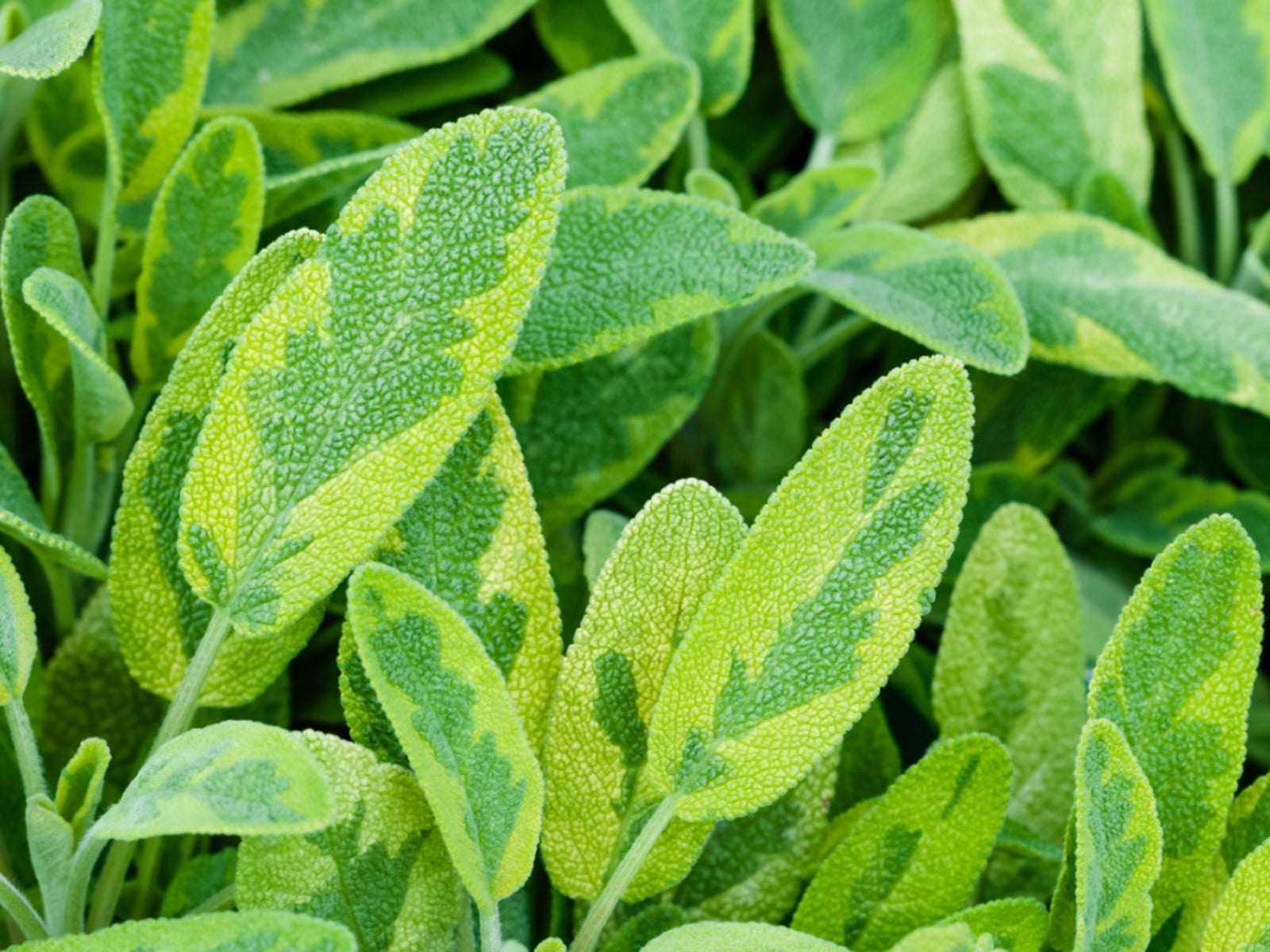 Golden Sage Care: How To Grow A Golden Sage Plant
Golden Sage Care: How To Grow A Golden Sage PlantGolden sage has the same aromatic and flavor properties of traditional sage but boasts lovely variegated leaves that are a contrast from the grayish leaves of common garden sage. Learn more about golden sage in this article.
By Bonnie L. Grant
-
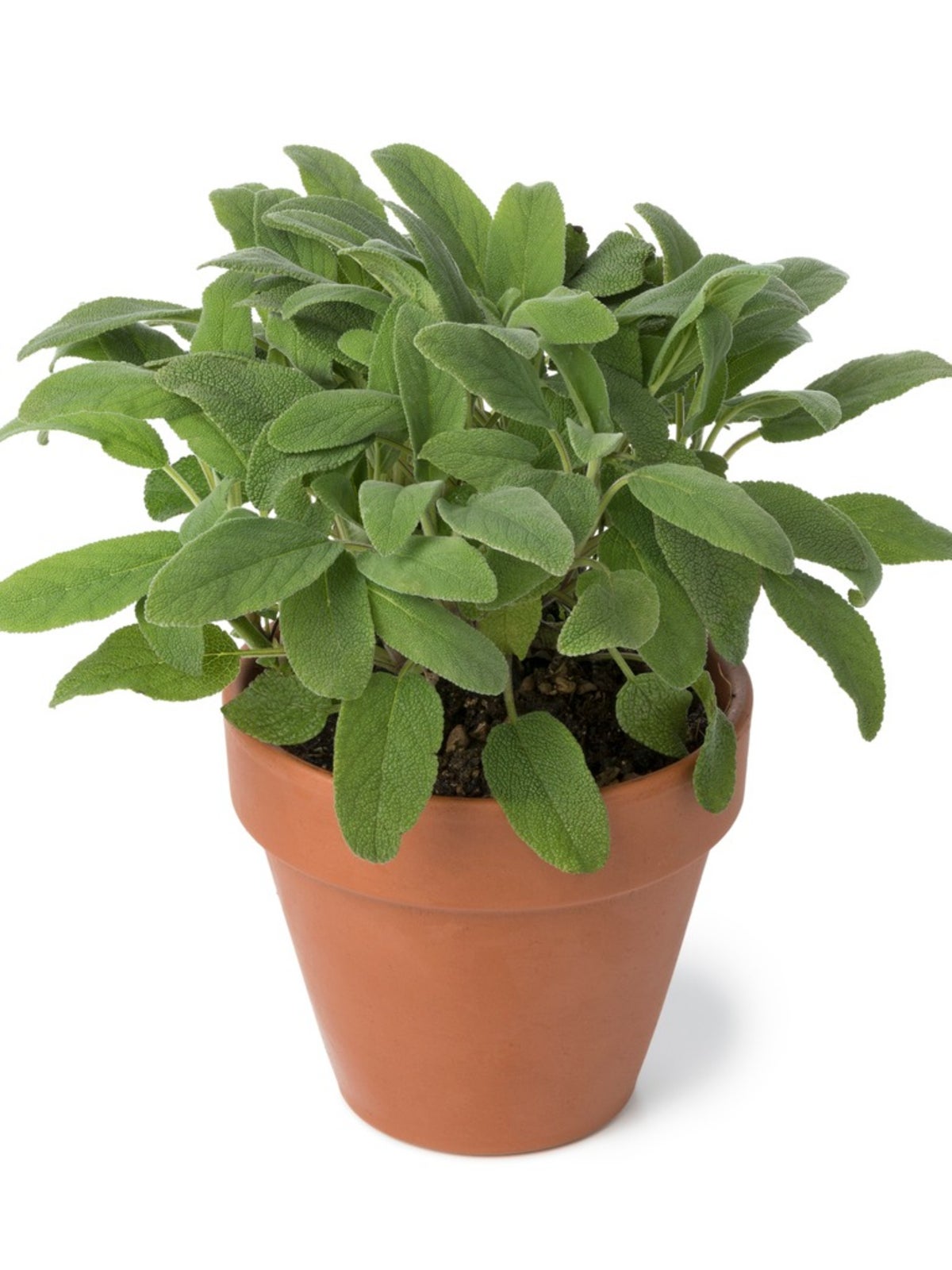 Care Of Potted Sage Herbs - How To Grow Sage Plant Indoors
Care Of Potted Sage Herbs - How To Grow Sage Plant IndoorsSage is commonly used in poultry dishes and stuffing, especially during the winter holidays. Perhaps you've wondered, "Can sage be grown indoors?" The answer is yes. Learn about growing sage indoors here.
By Becca Badgett
-
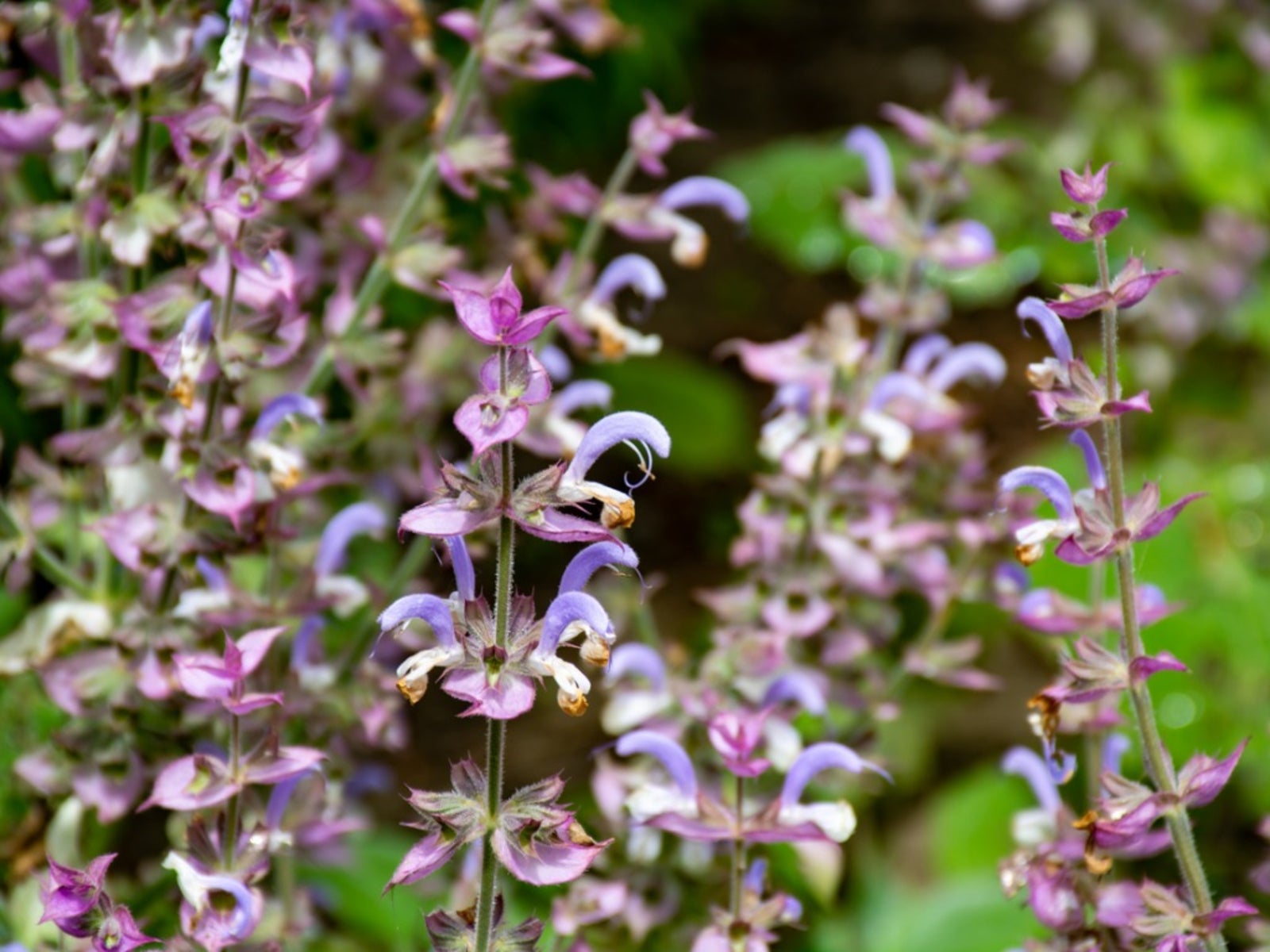 Growing Clary Sage: Enjoying The Clary Sage Herb In Your Garden
Growing Clary Sage: Enjoying The Clary Sage Herb In Your GardenClary sage plant has a history of use as a medicinal, flavoring agent and aromatic. To learn more about the herb and its uses, as well as how to grow clary sage, the information in this article will help.
By Bonnie L. Grant